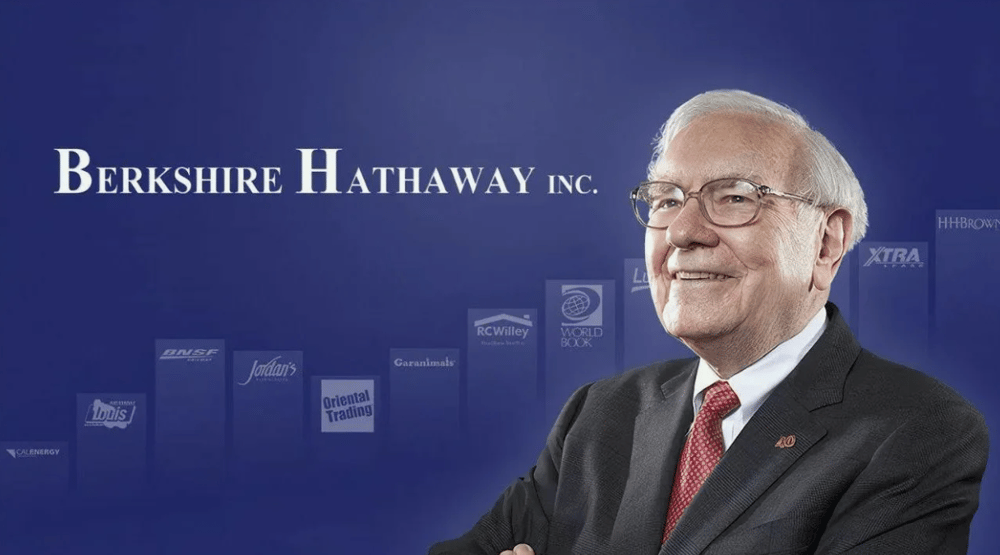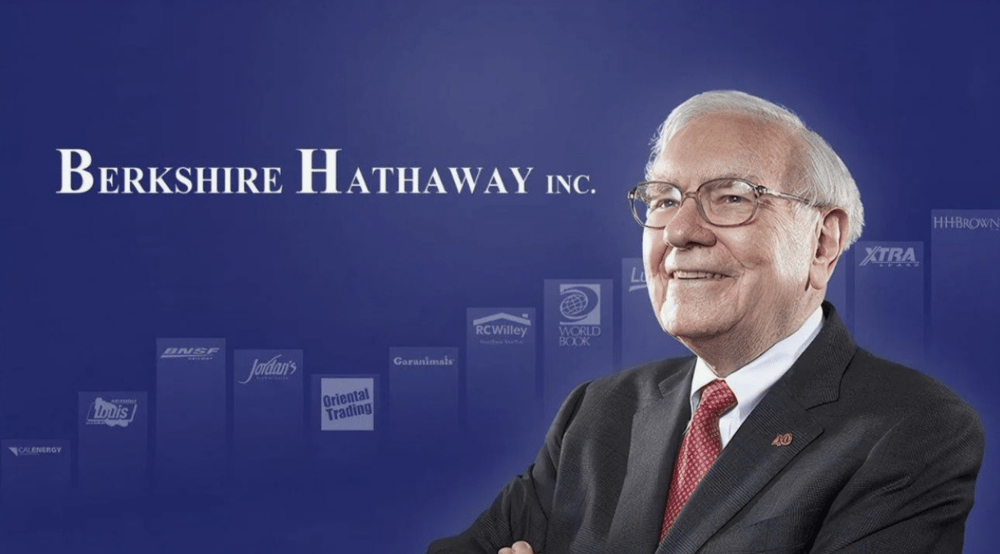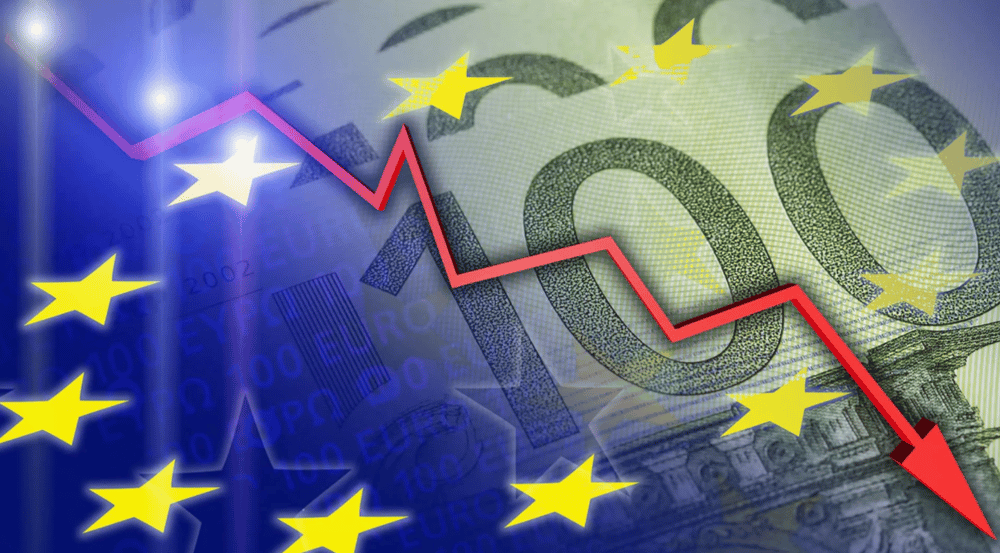Berkshire Hathaway Faces Market Stir as Buffett Prepares Leadership Transition
On Monday morning, Berkshire Hathaway $BRK-B shares dropped nearly 2% in pre-market trading, shaking investor sentiment after a monumental announcement: Warren Buffett, the iconic investor and longtime CEO of the $1.16 trillion conglomerate, confirmed his plans to step down after over six decades at the helm. This transition, while not unexpected, marks the end of a financial epoch that has shaped global markets for generations.
Buffett’s departure signals a pivotal moment in corporate America. The board of Berkshire Hathaway has unanimously approved Greg Abel, Vice Chairman of Non-Insurance Business Operations, to assume the roles of President and Chief Executive Officer starting next year. Buffett, now 94, will retain his position as Chairman of the Board, offering continuity and guidance as the company enters a new leadership phase.
Shifting Power: From Buffett to Abel
Greg Abel’s appointment, which Buffett first publicly mentioned during Berkshire’s annual shareholder meeting in Omaha, Nebraska, represents a carefully curated succession plan. Known for his operational discipline and quiet demeanor, Abel has earned Buffett’s trust over years of managing Berkshire’s non-insurance businesses — a segment generating significant revenue and playing a crucial role in the conglomerate’s diversification.
Though the market’s initial reaction reflected unease, analysts largely view the transition as a strategic evolution rather than a disruption. Buffett’s continued involvement as chairman is seen as a stabilizing factor during this historic leadership shift.

Key Factors Behind Market Response
Emotional Market Psychology: Buffett’s symbolic presence has long offered reassurance during turbulent times. His announced exit triggers emotional volatility among shareholders and market watchers.
Leadership Uncertainty: Even with a named successor, leadership changes in companies of Berkshire’s size naturally raise questions about strategic continuity and future capital allocation.
Precedent of Stability: Buffett’s investment philosophy, famously conservative and long-term oriented, has steered Berkshire through financial crises — the end of that era introduces a degree of unpredictability.
Institutional Investor Behavior: Funds with large holdings in BRK.A and BRK.B may rebalance portfolios in response to the leadership change, contributing to short-term price pressure.
What This Means for Berkshire’s Business Model
Despite Monday’s dip, analysts emphasize that Berkshire Hathaway’s decentralized model and diversified portfolio offer long-term resilience. The company’s interests span insurance, utilities, railroads, manufacturing, and equity stakes in blue-chip firms like Apple (AAPL), Coca-Cola (KO), and American Express (AXP). Greg Abel has been instrumental in managing this complex structure, particularly in operational businesses that have increasingly driven Berkshire’s earnings in recent years.
This transition is not a break with the past but a continuation of a philosophy that prioritizes disciplined growth, sound capital management, and decentralized autonomy for subsidiary leaders — all values Abel has actively embodied.

Strategic Implications of Buffett’s Departure
Capital Allocation Evolution Abel may gradually implement nuanced shifts in investment philosophy, though a dramatic pivot is unlikely. His operational mindset could favor reinvestment in infrastructure and industrial segments.
Increased Institutional Scrutiny With Buffett’s exit from the CEO role, analysts and institutional stakeholders may more closely examine Berkshire’s financial disclosures and performance metrics.
Potential for Portfolio Rebalancing Shareholders may reassess Berkshire’s equity holdings, especially in light of future buyback strategies or dividend policy changes under Abel’s leadership.
Leadership Style Contrast While Buffett is known for his charismatic public presence and annual shareholder letters, Abel is expected to adopt a more reserved and internally focused management style.
Market Signaling The manner and timing of this transition send a powerful message: Berkshire is preparing for the future while honoring its storied past. The seamless handover may serve as a model for other legacy corporations.
Closing Thoughts: End of an Iconic Chapter, Start of a New Narrative
Warren Buffett’s decision to step down from his CEO role marks the closing of one of the most influential chapters in financial history. Yet, the appointment of Greg Abel ensures that the values which have defined Berkshire Hathaway for decades are set to endure. While the market reacts in the short term, the company's long-term fundamentals remain intact — guided by a steady hand and a legacy of disciplined leadership.















Comments